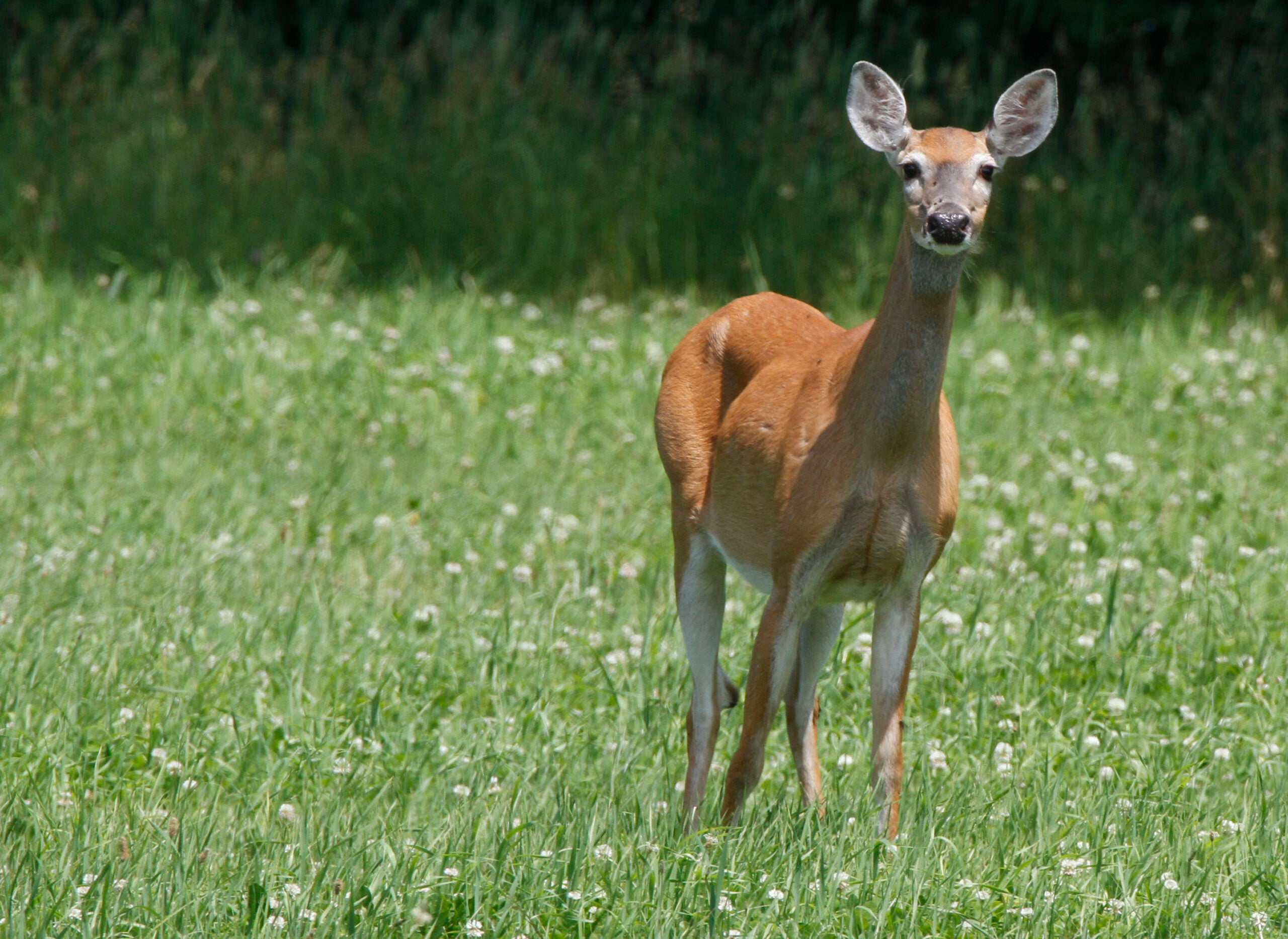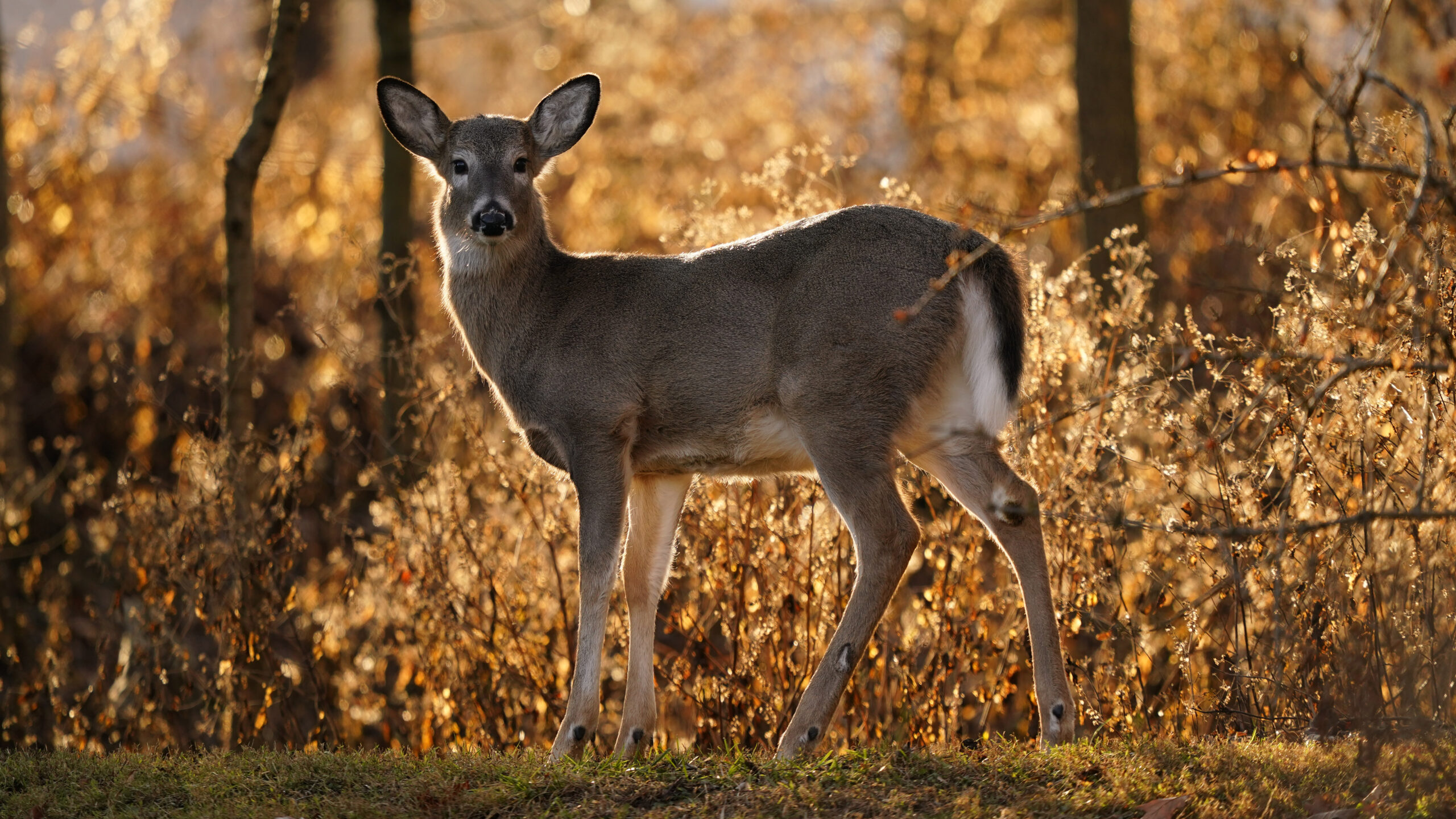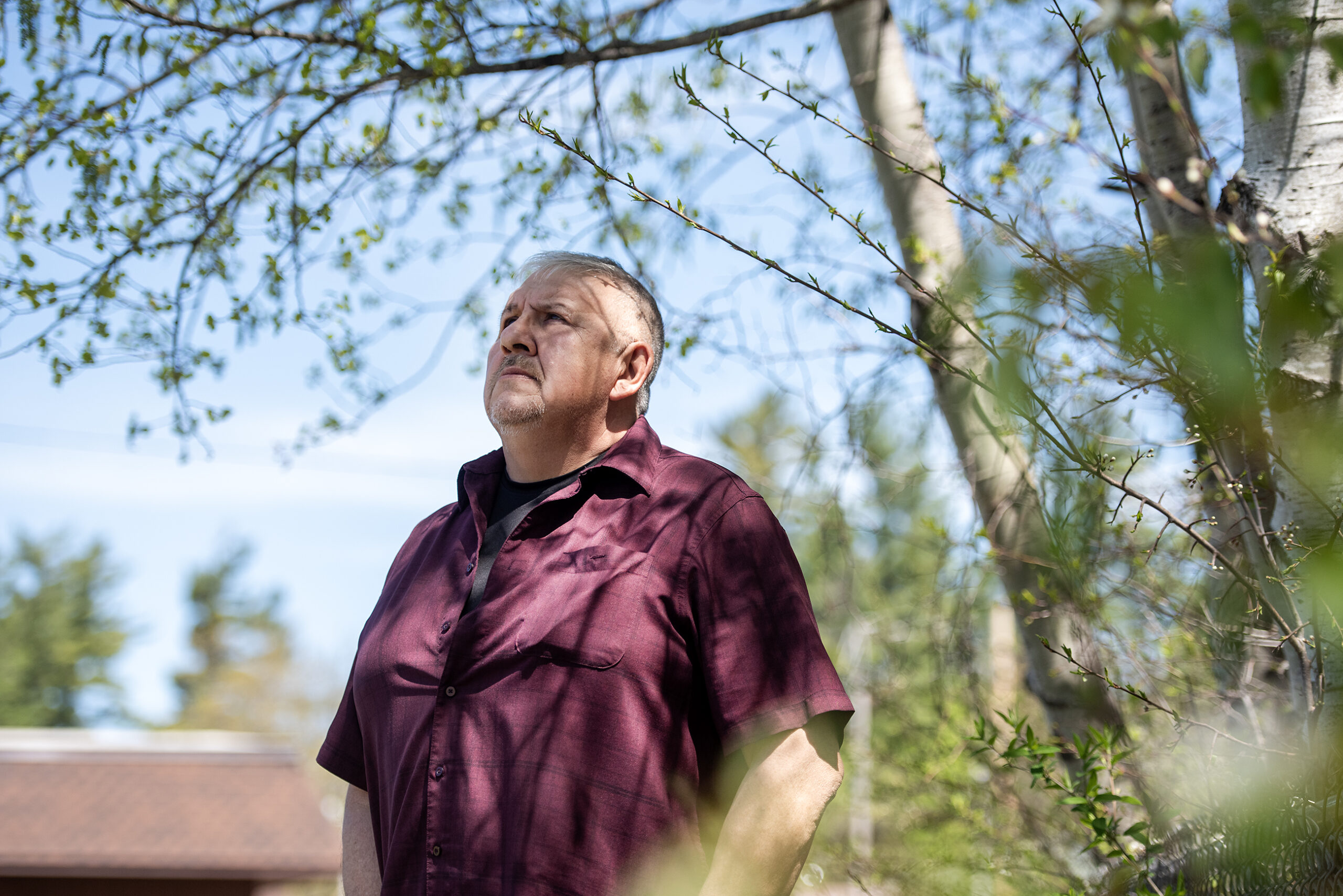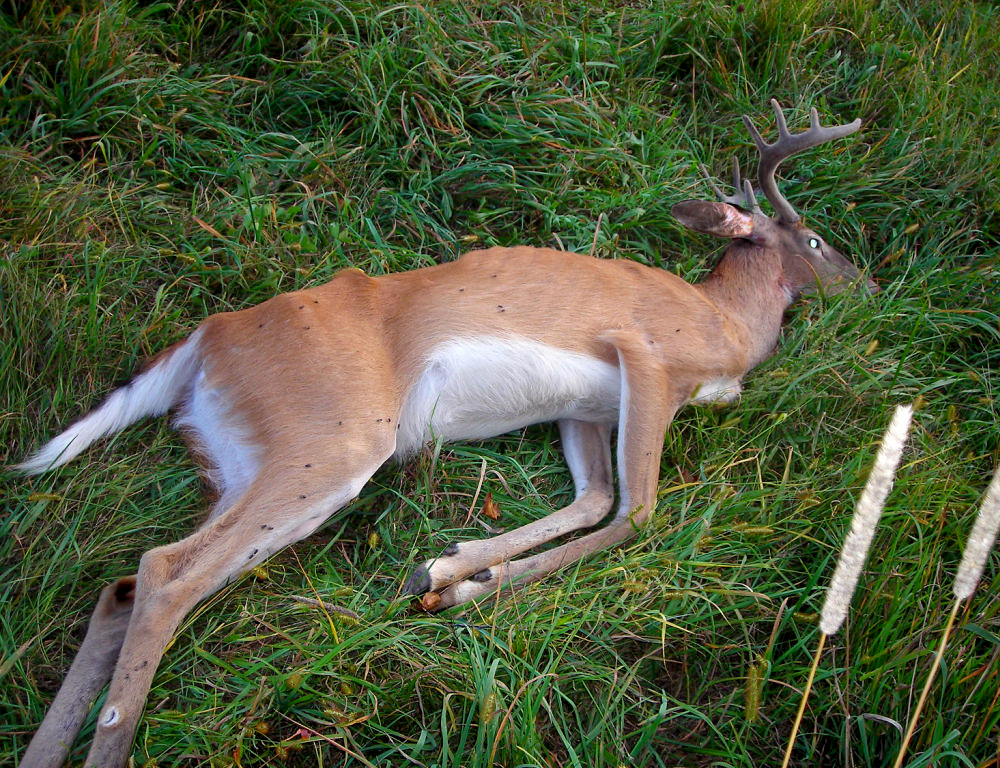A commission representing 11 tribes from Wisconsin, Michigan and Minnesota is asking lawmakers to support an emergency rule aimed at slowing the spread of chronic wasting disease.
The Great Lakes Indian Fish and Wildlife Commission sent a letter to state Sen. Steve Nass, R-Whitewater, after he signaled a move to block restrictions on deer farm fencing and moving deer carcasses.
Nass requested the Senate Joint Committee on Administrative Rules hold a public hearing and executive session. The committee hearing and meeting will take place Monday, Oct. 1, the same day the emergency rule is set to take effect.
Stay informed on the latest news
Sign up for WPR’s email newsletter.
GLIFWC Executive Administrator Mic Isham Jr. wrote in the letter that the economic benefits from hunting “and the entire culture of Wisconsin fall deer hunting are threatened by the unabated spread of CWD.”
The emergency rule is needed to protect the treaty rights of northern Wisconsin tribes to hunt, fish and gather in ceded territories, said Jonathan Gilbert, director of biological services for the commission.
“What good is the tribe’s right to hunt deer if they’re sick and pose a health risk to the people that are eating them?” Gilbert said. “That’s really an important part. That’s where the tribes are really coming from on all this. It’s a direct threat to their rights.”
The rule would ban movement of deer carcasses from CWD-affected areas — counties where the disease has been detected or discovered in a neighboring county. Fifty-five of the state’s 72 counties fit that bill.
In an email this month, Nass said the rule included “substantial and burdensome changes” to hunters with little time for education before the fall hunting season.
Gilbert said the Wisconsin Department of Natural Resources would likely work with hunters to educate them on the new restrictions this fall before resorting to enforcement.
“We could still put it on the books and then use that regulation as a time to educate people rather than throwing them into court,” Gilbert said.
The emergency rule would also require deer farms to add a second fence, an electric fence or a solid perimeter fence for farms that have not tested positive for the disease within one year. Farms that have tested positive would be required to have a second fence or solid barrier. Gilbert acknowledged that deer farms may not be the only way CWD is spread, but he said more needs to be done to reduce all risk factors for transmitting the disease.
“We should at least keep people from spreading the disease by transporting carcasses around, and we should minimize the risk by requiring farms to have two fences,” Gilbert said.
Earlier this year, Gov. Scott Walker proposed taking more aggressive action to prevent the spread of CWD. Deer farms and hunting preserves have opposed the new restrictions, which the DNR has estimated to cost around $876,000 to nearly $1.3 million to implement. The industry points out the agency hasn’t factored in labor costs to install more fencing.
Hunters would be required to keep deer in the county where it was killed unless it’s submitted for CWD testing, deboned, quartered or taken to a licensed taxidermist within 72 hours of leaving the county where it was harvested.
Wisconsin Public Radio, © Copyright 2024, Board of Regents of the University of Wisconsin System and Wisconsin Educational Communications Board.






